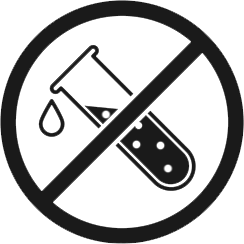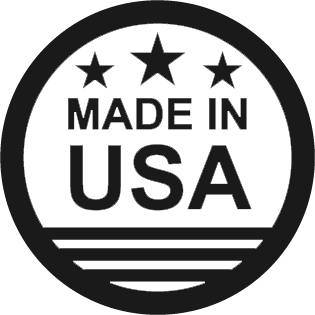1. Baur, J. A., & Sinclair, D. A. (2006).
Therapeutic potential of resveratrol: the in vivo evidence. Nature Reviews Drug Discovery, 5(6), 493-506.
2. Juan, M. E., González-Pons, E., Munuera, T., Ballester, J., Rodríguez-Gil, J. E., & Planas, J. M. (2005).
Trans-resveratrol, a natural antioxidant from grapes, increases sperm output in healthy rats. Journal of Nutrition, 135(4), 757-760.
3. Fogacci, F., Tocci, G., Presta, V., Fratter, A., Borghi, C., & Cicero, A. F. G. (2019).
Resveratrol supplementation and blood pressure: A systematic review and meta-analysis of randomized controlled trials. Critical Reviews in Food Science and Nutrition, 59(10), 1605-1618.
4. Timmers, S., Konings, E., Bilet, L., Houtkooper, R. H., van de Weijer, T., Goossens, G. H., ... &Schrauwen, P. (2011).
Calorie restriction-like effects of 30 days of resveratrol supplementation on energy metabolism and metabolic profile in obese humans. Cell Metabolism, 14(5), 612-622.
5. Brasnyó, P., Molnár, G. A., Mohás, M., Markó, L., Laczy, B., Cseh, J., ... & Wittmann, I. (2011).
Resveratrol improves insulin sensitivity, reduces oxidative stress and activates the Akt pathway in type 2 diabetic patients. British Journal of Nutrition, 106(3), 383-389.
6. Wallerath, T., Deckert, G., Ternes, T., Anderson, H., Li, H., Witte, K., &Förstermann, U. (2002).
Resveratrol, a polyphenolic phytoalexin present in red wine, enhances expression and activity of endothelial nitric oxide synthase. Circulation, 106(13), 1652-1658.
7. Bhat, K. P. L., Kosmeder, J. W., & Pezzuto, J. M. (2001).
Biological effects of resveratrol. Antioxidants & Redox Signaling, 3(6), 1041-1064.











